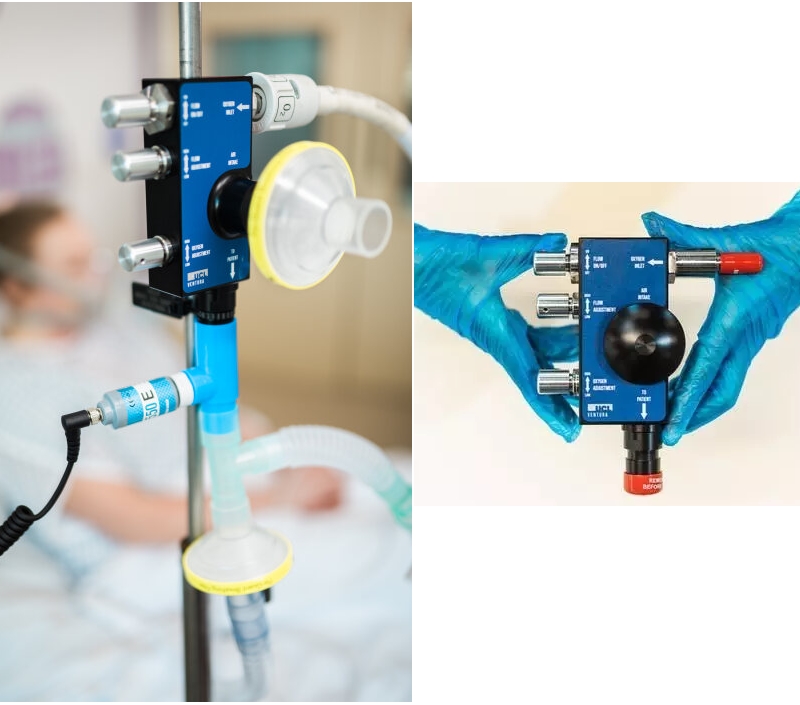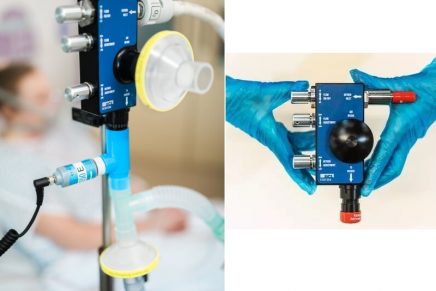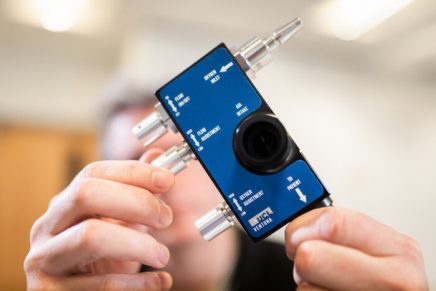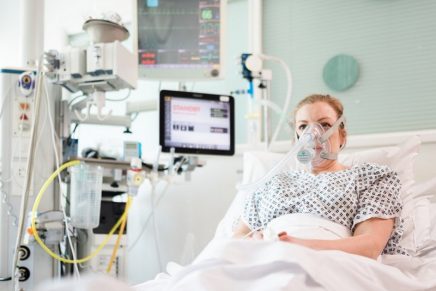All the details required to make the life-saving breathing aid device are also now available for manufacturers to download at no cost, announced UCL and Mercedes-AMG Formula One.
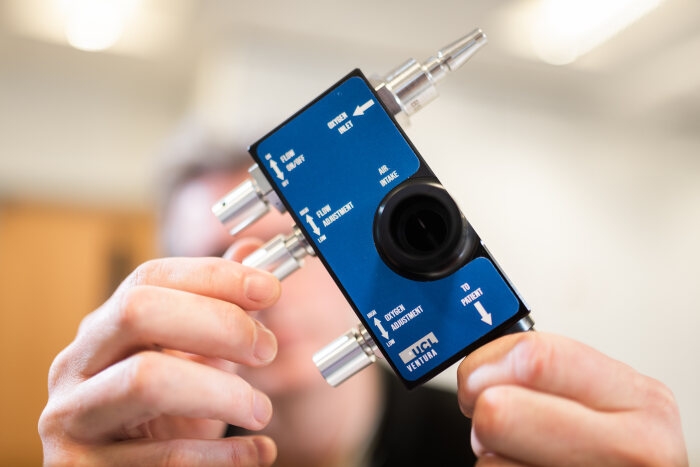
Project Pitlane – CPAP imagery from UCL. The newly developed CPAP device. Photographer: James Tye / UCL
The UCL-Ventura breathing aid, a Continuous Positive Airway Pressure (CPAP) device, helps Covid-19 patients with lung infections to breathe more easily, when an oxygen mask alone is insufficient. CPAP devices are in short supply in UK hospitals, so engineers at UCL and Mercedes-AMG HPP worked round-the-clock to reverse engineer a device that could be manufactured rapidly by the thousands. Currently, 40 machines that would normally produce F1 pistons and turbochargers are being used for production of the CPAP devices in United Kingdom.
The breathing aid was produced within a rapid timeframe – it took fewer than 100 hours from the initial meeting to production of the first device. Mark II of the device, which has reduced oxygen consumption by up to 70% compared to the Mark I model, received MHRA regulatory approval last week.
“Since the project was announced, we have received an incredible number of enquiries about the CPAP device from around the world. Making the design and manufacturing specifications openly available will allow companies around the world to produce these devices at speed and at scale to support the global response to Covid-19,” explained Andy Cowell, Managing Director of Mercedes-AMG High Performance Powertrains.
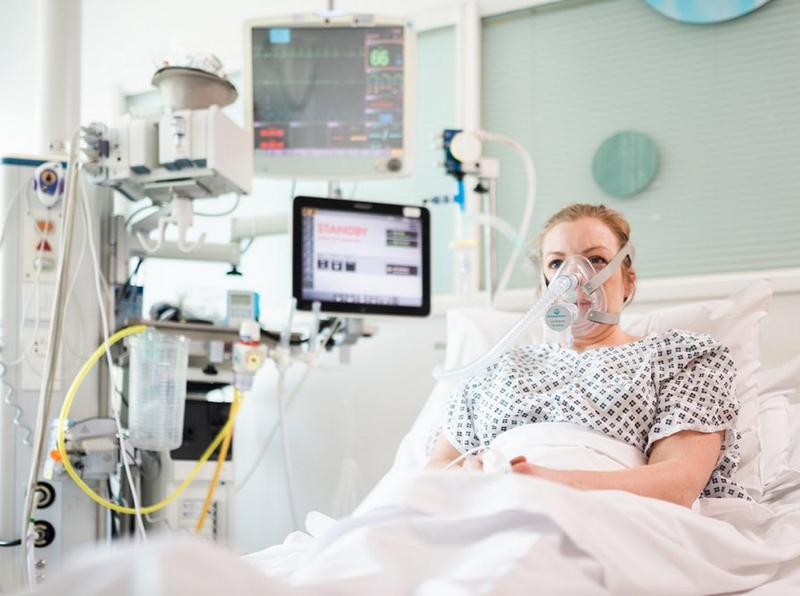
Project Pitlane – CPAP imagery from UCL. The newly developed CPAP device. Photographer: James Tye / UCL
CPAP machines are routinely used by the NHS to support patients in hospital or at home with breathing difficulties. They work by pushing an air-oxygen mix into the mouth and nose at a continuous pressure, keeping airways open and increasing the amount of oxygen entering the blood stream. Invasive ventilators deliver breaths directly into the lungs, but require heavy sedation and connection to a tube placed into the patient’s trachea (windpipe).
All the details required to make the device are also now available for manufacturers to download at no cost at covid19research.uclb.com/product/ucl-cpap, a research licensing website developed by UCL Business to disseminate technologies that may help the fight against Covid-19. The licensed package will include not only the designs, but will also specify materials, tools and kit used in the rapid prototyping process, as well as the fabrication time for each part.
It is hoped that, by making this information widely available, this may help the global response to the crisis by enabling healthcare systems around the world to provide respiratory support for patients with Covid-19.
Governments, relevant industry manufacturers, academics and health experts will be able to request access to the designs to ensure quality control over the manufacture. These would also have to meet regulatory approval in the relevant country.
The UCL-Ventura has now undergone patient evaluations at UCLH and across sister hospitals in the London area. After a UK Government order for up to 10,000, the devices are being produced at a rate of up to 1,000 a day at the HPP technology centre in Brixworth, Northamptonshire. Currently, 40 machines that would normally produce F1 pistons and turbochargers are being used for production of the CPAP devices, and the entire Brixworth facility has been repurposed to meet this demand.
“These devices can help to save lives by ensuring that ventilators, a precious resource, are used only for the most severely ill. We and others are finding that a significant proportion of patients treated with CPAP can avoid mechanical ventilation,” said UCLH critical care consultant Professor Mervyn Singer (UCL Medicine).
“In creating these devices, speed was of the utmost importance. We are thankful that the designs are now available for manufacturers around the world at a critical time for many countries preparing for a pandemic, ” added Professor Tim Baker (UCL Mechanical Engineering).
“These life-saving devices will provide vital support to the NHS in coming weeks, helping to keep patients off ventilators and reducing demand on intensive care beds and staff. We believe they can also make a real difference around the world in supporting healthcare systems preparing for Covid-19,” shared Professor David Lomas (UCL Vice Provost Health).

